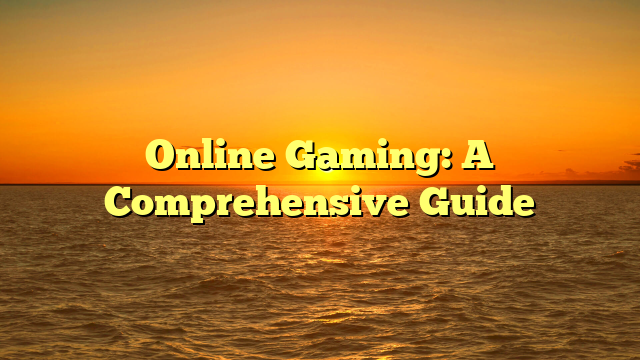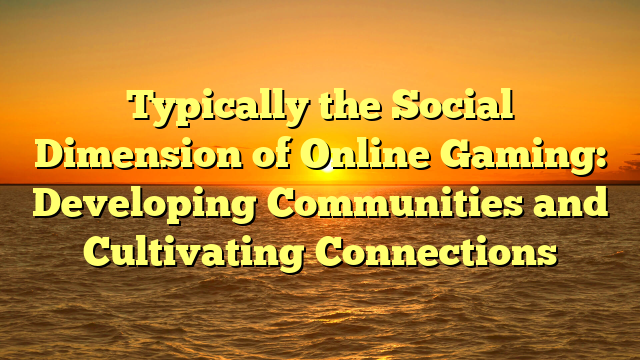
Introduction
The organization models behind on the internet games have progressed significantly, with monetization strategies becoming increasingly sophisticated. Striking a balance between productivity and player pleasure is crucial for that sustainability and good results of online video games. This article examines various monetization approaches, their particular implications, and finest practices for developers.
Free-to-Play Model
The free-to-play (F2P) type allows players to be able to access the game with no upfront cost, generating revenue through in-game purchases such while cosmetics, power-ups, in addition to other virtual products. This approach lowers the barrier in order to entry, attracting the larger player basic while offering optionally available purchases for these prepared to spend.
Ongoing Services
Subscription-based designs charge players a new recurring fee with regard to entry to premium written content, exclusive features, or even an ad-free knowledge. Games like “World of Warcraft” in addition to “Final Fantasy XIV” have successfully executed subscriptions, ensuring a new steady revenue stream while providing continuous value to members.
Microtransactions and In-Game Purchases
Microtransactions require small, incremental purchases within the video game, often for beauty items or comfort features. This approach leverages the mental benefit of small, frequent transactions, allowing gamers to personalize their gaming experience with no significant financial responsibilities.
Battle Pass Methods
Battle passes offer a tiered incentive system where participants can unlock various rewards by completing in-game challenges. Typically obtainable in both free of charge and premium tiers, battle passes motivate continued engagement and give predictable revenue by means of seasonal or routine offerings.
Advertising in addition to Sponsors
Integrating adverts or securing sponsorships within online games can generate added revenue. This can have the form associated with in-game ads, brand content, or partnerships together with companies. When effective, it’s essential to implement marketing in a way that is not going to interrupt the player encounter.
Loot Boxes and Gacha Mechanics
Loot boxes and gacha systems offer randomized rewards in exchange for real or even in-game currency. Although popular, these procedures have faced criticism and regulatory scrutiny due to concerns regarding gambling-like mechanics and even their impact on gamers, particularly minors.
Handling Monetization and Person Satisfaction
To take care of participant trust and fulfillment, developers must be sure that monetization strategies are usually fair, transparent, in addition to do not produce pay-to-win scenarios. Honest monetization focuses on enhancing the gamer expertise without exploiting players’ spending habits.
Regulating Considerations
As monetization practices are more sophisticated, governments and corporate bodies are more and more scrutinizing online game playing revenues. halimtoto need to stay informed concerning relevant laws and even guidelines to assure conformity and avoid possible legal issues.
Future Trends in Monetization
Emerging trends in monetization include blockchain-based economies, where participants can own in addition to trade in-game assets as NFTs, plus the integration of augmented reality (AR) features that provide brand new avenues for in-game ui purchases. These innovative developments promise to further mix up revenue streams while presenting new challenges and opportunities.
Bottom line
Effective monetization in online gaming demands a delicate harmony between generating income and maintaining participant satisfaction. By taking on transparent, fair, in addition to player-centric approaches, designers can create sustainable business models that support both their progress along with the enjoyment involving their player residential areas.





